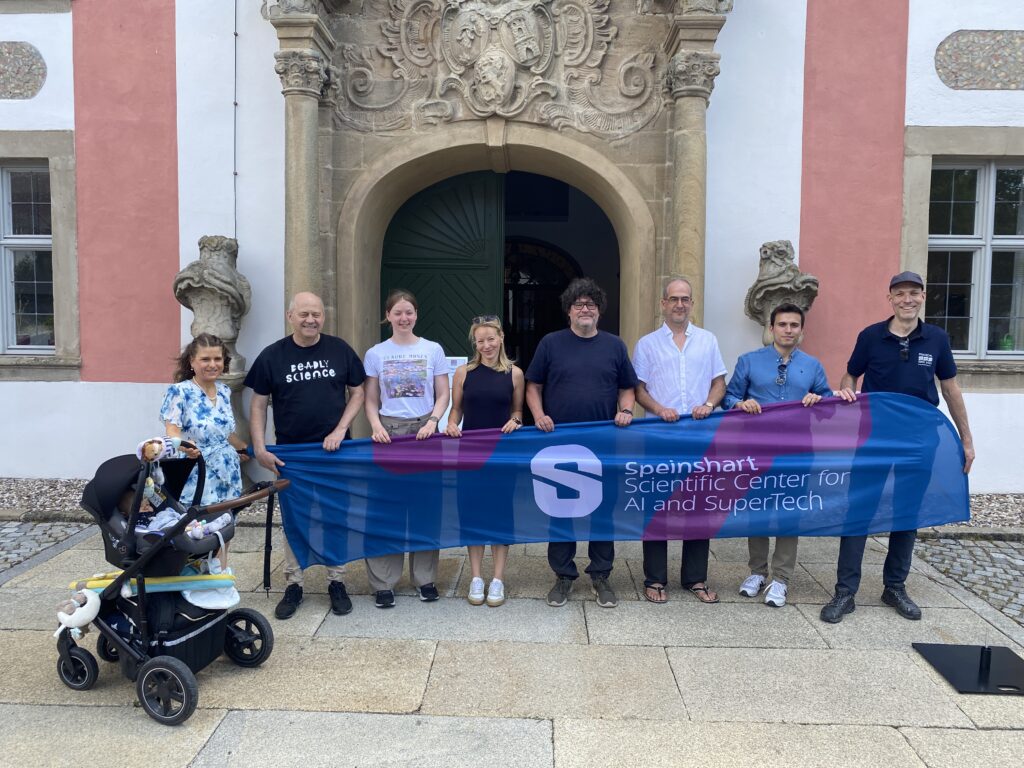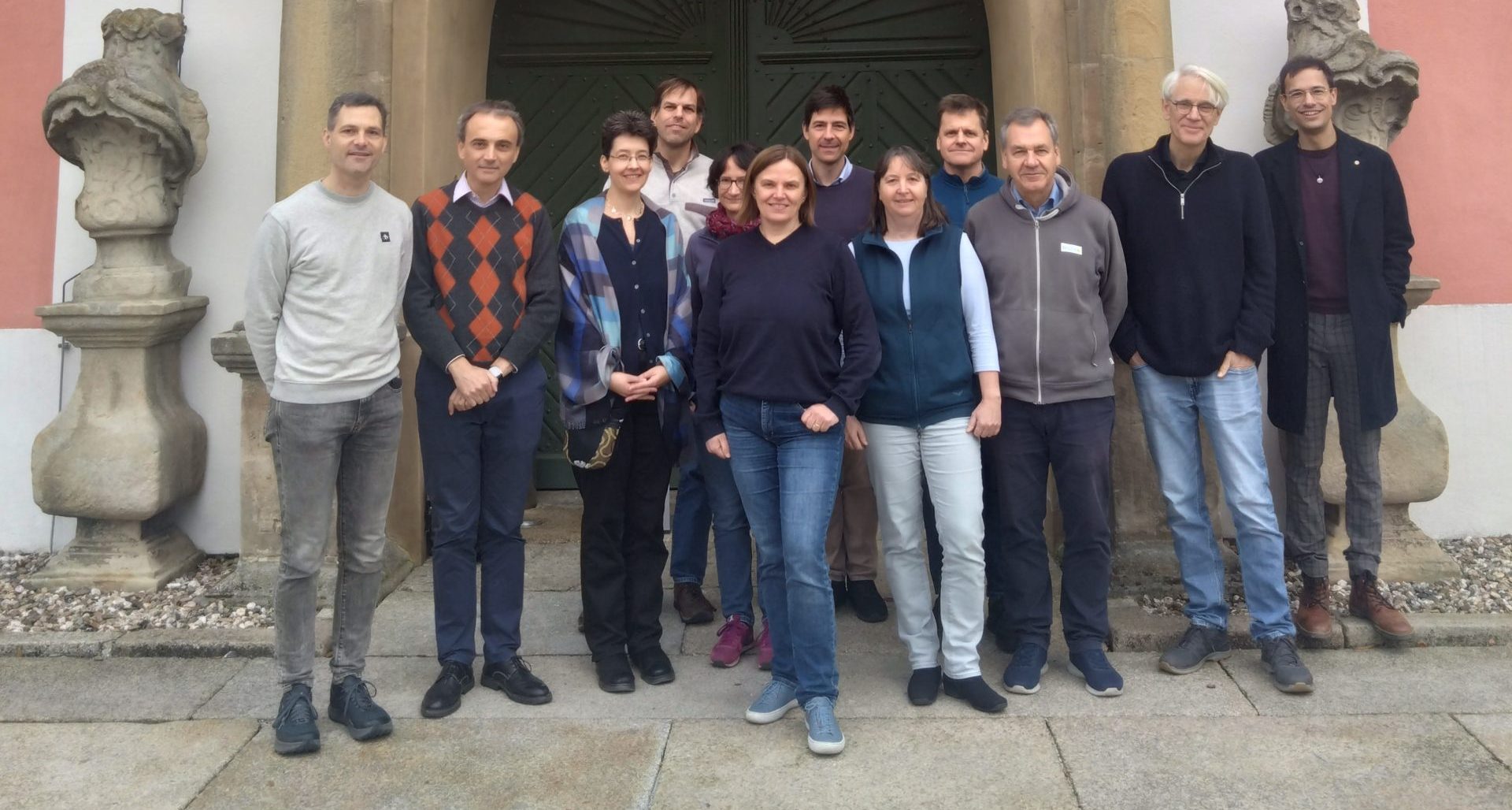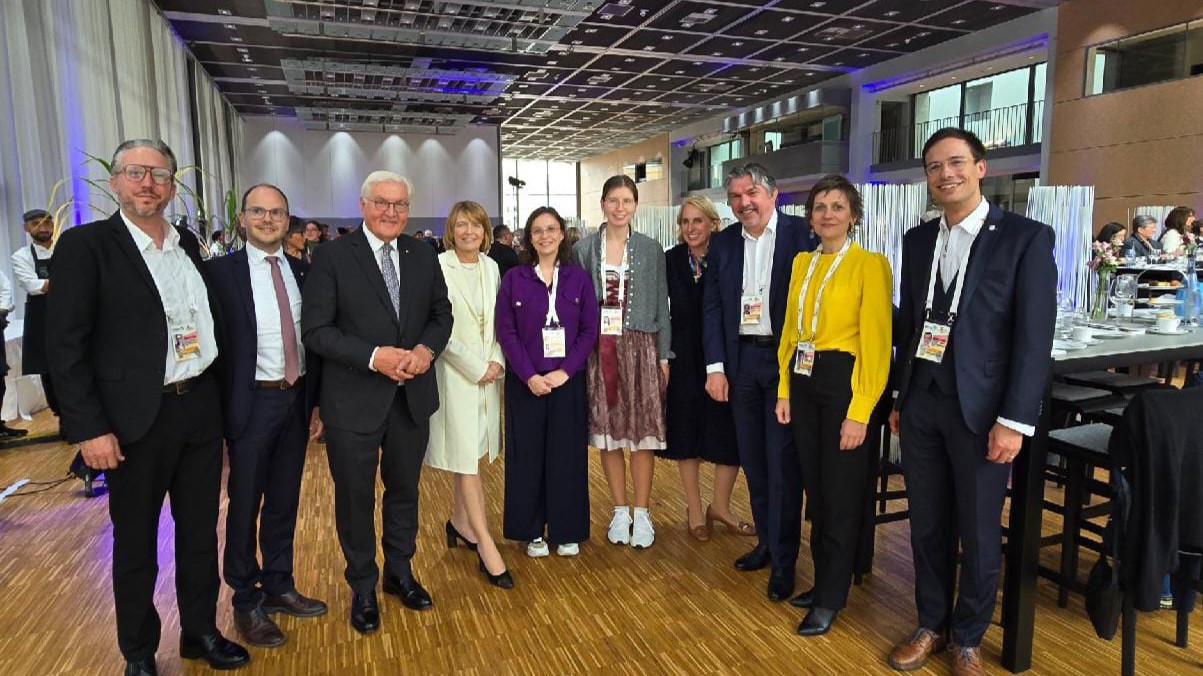We are very happy to welcome a research group of FRASCAL at Speinshart!
About the project

This project aims to develop a mathematically rigorous optimization framework for controlling crack properties—particularly crack paths—in composite materials. Building on prior models that linked material failure mechanisms (such as fibre breakage or matrix–fibre debonding) to microscale properties via cohesive zone modeling and DFT-derived parameters, the project advances toward fully dynamic crack path computation.
A quasi-static model for crack propagation in anisotropic media is proposed, formulated as a variational inequality over a convex set to reflect crack irreversibility. A new numerical algorithm is developed, including regularization schemes to ensure smooth dependence of the crack behavior on material parameters. Material properties of the matrix, fibres, and interfaces serve as optimization variables.
The framework incorporates adaptive regularization control and extends to broader objectives such as crack path tracking. Theoretical aspects like existence of solutions and numerical approximation schemes are addressed. In a later phase, the initial crack model will be replaced with more advanced multiscale models to enable structure-based optimization of inclusion properties across scales.





Join the conversation